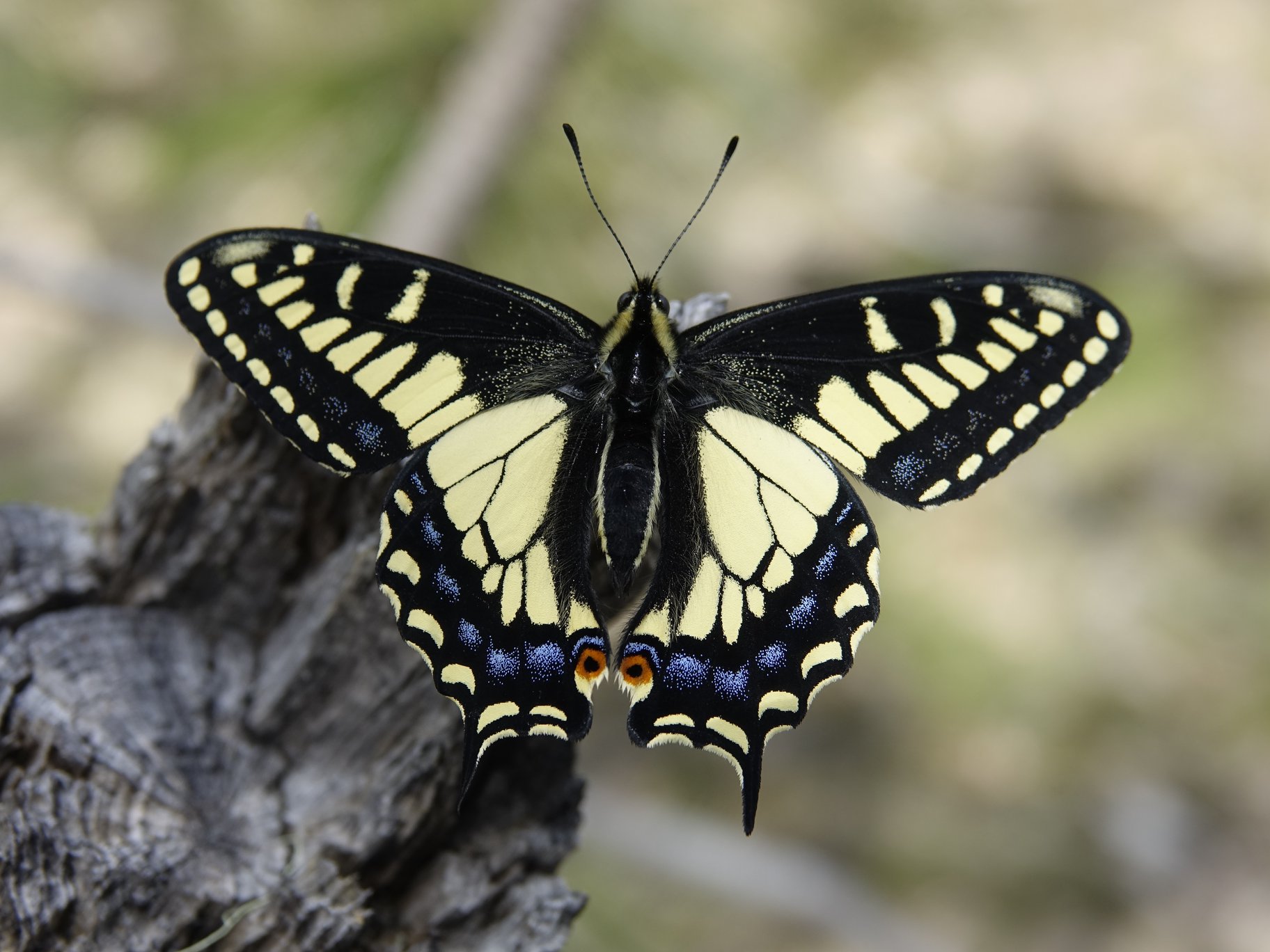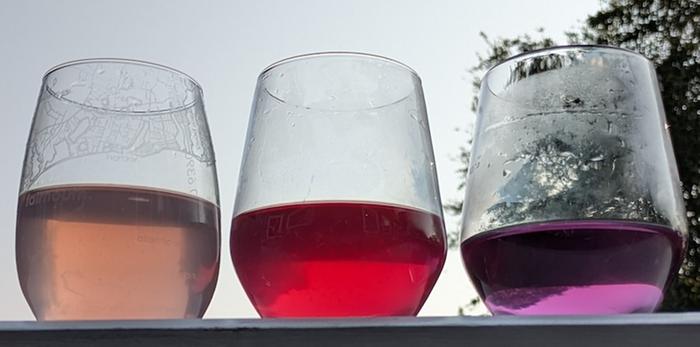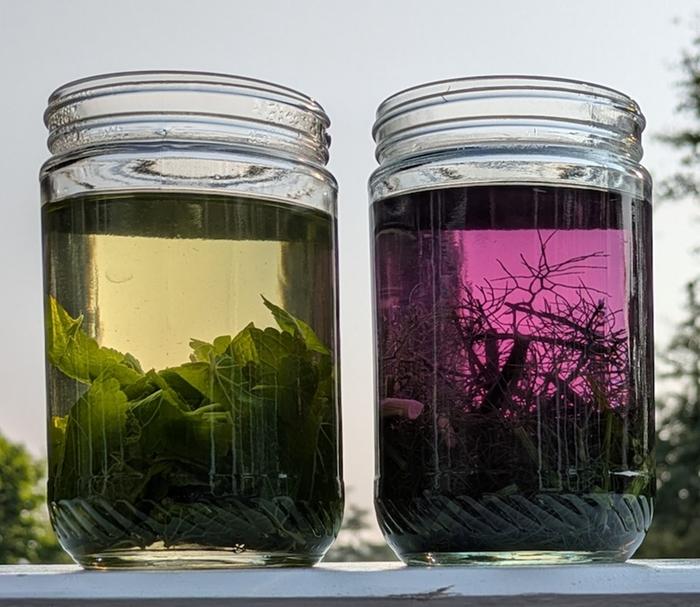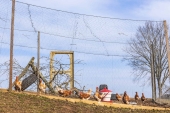


Solar Station Construction Plans by Ben Peterson -- ebook
will be released to subscribers in:
soon!



 4
4









 5
5




- Tim's Homestead Journal - Purchase a copy of Building a Better World in Your Backyard - Purchase 6 Decks of Permaculture Cards -
- Purchase 12x Decks of Permaculture Cards - Purchase a copy of the SKIP Book - Purchase 12x copies of Building a Better World in your Backyard
 6
6




Creating edible biodiversity and embracing everlasting abundance.
 6
6




All true wealth is biological.
Lois McMaster Bujold
 2
2




 6
6




j souther wrote:Bronze fennel, like other flowering plants in my garden, began to reseed once the soil was healthier, after a few years of mulching. Because of the taproot, it doesn't transplant well unless I choose very small ones. In my area it attracts all kinds of pollinators, but not so much regular honey bees. I can't be sure, but I believe it is a biennial. Currently it is growing in close quarters alongside echinacea, spiderwort, purple sage, lamb's ear, and Siberian iris. No evidence of allelopathy.
 2
2




Blazing trails in disabled homesteading
 7
7




 4
4




This is all just my opinion based on a flawed memory

 5
5




 3
3




 4
4




Observation is where intelligence is born.
 5
5




 3
3




A joyful heart is good medicine.
 4
4




 3
3





 4
4




Sea Skinley wrote:Any tips on transplanting bronze fennel?
Works at a residential alternative high school in the Himalayas SECMOL.org . "Back home" is Cape Cod, E Coast USA.





 8
8




Bethany Clay wrote:I mostly came here to say it’s also an Acid/Base indicator! If you brew a tea of bronze fennel it will be purple! What a surprise! Adding some lemon or orange juice will turn it a lovely pink and I highly recommend you try a fennel/citrus tea this summer! Absolutely delicious!


Works at a residential alternative high school in the Himalayas SECMOL.org . "Back home" is Cape Cod, E Coast USA.

| I agree. Here's the link: http://stoves2.com |




